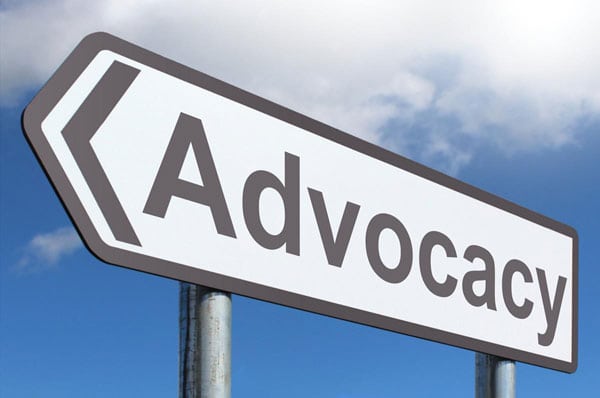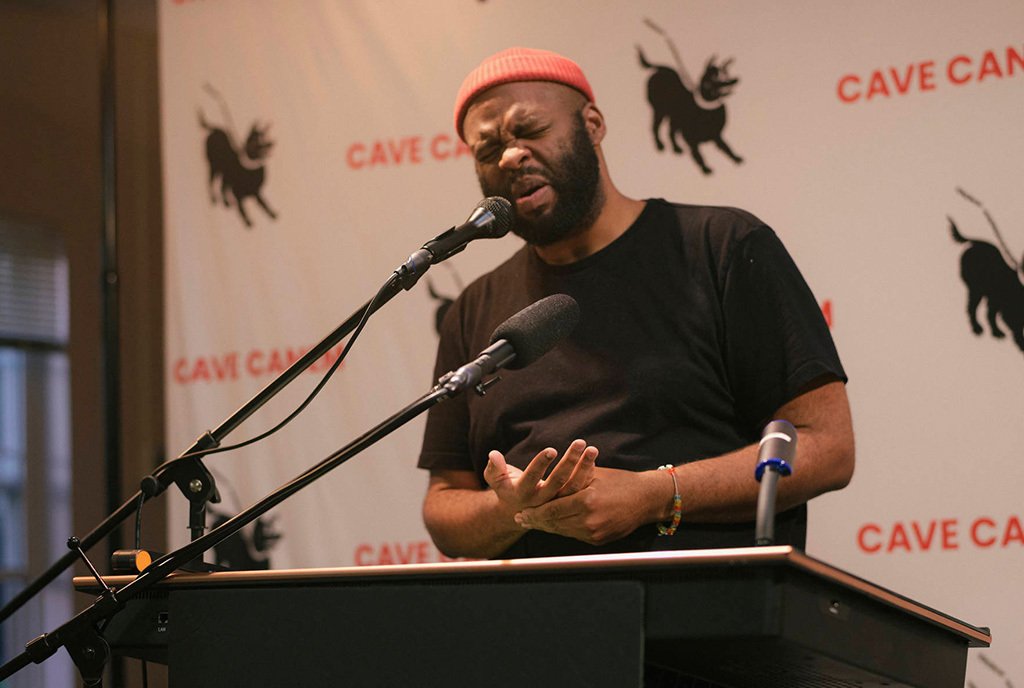
August 14, 2018; Shepherd Express (Milwaukee, WI)
What is it about advocacy, taking a position on policy issues or lobbying elected officials, even at the local community level, that frightens nonprofits? In Milwaukee, Ashlie Benson and Kyle Hagge, Trinity Fellows at Marquette University, found in a survey of 78 nonprofits they conducted that 60 percent of these organizations did not do any lobbying or any voter registration.
They were not surprised by these results. At a first presentation of their findings to the Milwaukee nonprofit community, Benson and Hagge offered comments and a few options for the nonprofits to address their fears. Evan Casey of the Shepherd Express writes,
“We were anticipating nonprofits facing a lot of potential barriers to lobbying and voter registration,” said Hagge. “We hope they (nonprofits) see that they can be political, it’s just that they cannot be partisan.” The results were also not shocking to Ruth Weill, a community organizer who does work with the Riverwest Business Association.
“Unfortunately, not-for-profits have been under the assumption that they cannot advocate for the folks they work with,” she said. One of the main solutions to this issue proposed by the survey conductors is to participate in the 501 (H) election, an election that nonprofits can take that gives clearer guidelines for a nonprofit’s ability to lobby.
“Besides making things much clearer and definitions more precise, it also grants nonprofits more legal protection, increased capacity to lobby, and, in some cases, simplified record keeping,” said Hagge about the 501 (H) election.
The fear of advocacy among nonprofits and their boards runs deep. And yet, it is the activism of the nonprofit community and its constituencies that made the inroads in securing policies and programs that advanced educational equity, civil and human rights, environmental protections, and other issues. The protections of voting rights and the enrollment of voters has largely rested in the hands of nonprofit organizations, like the League of Women Voters and the ACLU. But many nonprofit boards believe that their tax-exempt status could be jeopardized if they engage in advocacy, lobbying, or voter registration, as Benson and Hagge’s survey affirms.
Sign up for our free newsletters
Subscribe to NPQ's newsletters to have our top stories delivered directly to your inbox.
By signing up, you agree to our privacy policy and terms of use, and to receive messages from NPQ and our partners.
Now, as we approach the midterm elections, here are some do’s and don’ts for 501c3s around lobbying, advocacy and voter registration, offered up by Frank Martinelli of Shepherd Express based on the resources from Stand for Your Mission, a collaborative project of BoardSource, Bolder Advocacy (part of the Alliance for Justice), the National Council of Nonprofits, the Campion Foundation, United Philanthropy Forum, and the Knight Foundation:
These activities are allowed:
- Educating the public and decision-makers about your work in a nonpartisan way.
- Sharing information about how public dollars positively impact your work and your community.
- Communicating how broader issues impact your mission and the people that you serve.
These activities are allowed as long as nonprofits carry them out in compliance within certain reasonable guidelines:
- Voter education, registration and candidate forums.
- Naming legislators who support (or oppose) a specific piece of legislation.
- Limited lobbying on behalf of the organization.
- Lobbying and campaigning as private citizens.
These activities are not allowed:
- Organizational support for (or opposition to) a candidate or set of candidates.
- Spending federal grant funds on lobbying.
It should be noted that any candidate forum must invite all candidates for that office (even third and fourth parties!), and that any voter guide on a specific piece of legislation must name all legislators and their positions on that issue. This very careful dance is so the nonprofit is not seen as favoring one candidate or party over another. None of this can look like an endorsement. There is a price to be paid for this, even when a nonprofit seems unknowing, as NPQ reported in June 2018.
Board and nonprofit staff leaders need to know their nonprofit status is not in jeopardy when they advocate for policies that will benefit their clients and their work in the community. The myth that advocacy and lobbying are a cause for “mission drift” needs to be addressed, too. When done well, with focus and thought, activities such as these can further align a nonprofit with its mission and goals and bring board and staff together in work that is both personally satisfying and cost-effective for the organization. By taking the opportunity to engage with donors and funders around the kinds of advocacy and lobbying actions that are allowed, we can gain their support in moving issues and programs forward and putting their funds to better use. Lastly, using the organizational mission as the base for advocacy, lobbying, and voter registration can align the organization’s work and keep funders, board, and staff in sync with the organization’s overall goals.
There is a brave new world out there where nonprofits can stand up and stake out their positions in a nonpartisan way and reap the benefits of new partnerships and stronger policies. It can be done without fear of losing nonprofit status, so long as board and staff understand the limits of what can and cannot be done. So, what are you waiting for?—Carole Levine













